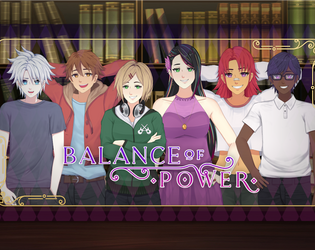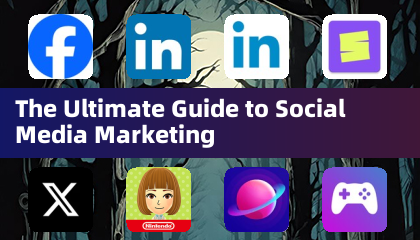Microsoft's recent unveiling of an AI-generated interactive space inspired by Quake II has ignited a heated debate across online gaming communities. The demo, which leverages Microsoft's Muse and the World and Human Action Model (WHAM) AI systems, promises to dynamically create gameplay visuals and simulate player behavior in real-time, effectively creating a semi-playable environment without a traditional game engine.
According to Microsoft, the demo allows users to experience gameplay sequences reminiscent of the classic Quake II. "Every input you make triggers the next AI-generated moment in the game, almost as if you were playing the original Quake II running on a traditional game engine," they explained. This tech demo aims to showcase the potential of AI in crafting immersive visuals and responsive action, offering a glimpse into future gaming possibilities.
However, the demo's reception has been overwhelmingly negative. After Geoff Keighley shared a brief video of the demo on social media, the response was swift and largely critical. Many expressed concerns about the future of AI in gaming, fearing it could lead to a decline in human creativity and quality.
A Redditor voiced a common sentiment, stating, "Man, I don't want the future of games to be AI-generated slop. There will be a point where it will be easier to use AI, and then all the greedy studios will do it exclusively. The human element will be removed." Another critic highlighted the demo's limitations, suggesting that Microsoft's ambition to create a catalog of AI-generated games might be premature.
Despite the backlash, some defended the demo as a proof of concept rather than a finished product. One user remarked, "It's a demo for a reason. It shows the future possibilities. Having an AI that is able to create a coherent and consistent world is crazy." They emphasized that while the demo isn't playable or enjoyable as a full game, it represents significant progress in AI technology and could be useful in early concept or pitching phases.
Epic Games boss Tim Sweeney also weighed in with a cryptic tweet, hinting at his own perspective on the matter.
The controversy around Microsoft's AI demo reflects broader concerns within the gaming and entertainment industries, which have seen significant layoffs and are grappling with the role of generative AI. Ethical issues, rights concerns, and the quality of AI-generated content continue to fuel debates, as evidenced by Keywords Studios' unsuccessful attempt to create an entirely AI-generated game and Activision's use of generative AI for Call of Duty: Black Ops 6 assets. Additionally, the recent leak of an AI-generated Aloy video has sparked further discussion about the impact of AI on voice acting and creative professions.
As the industry navigates these challenges, the future of AI in gaming remains a topic of intense scrutiny and debate.















